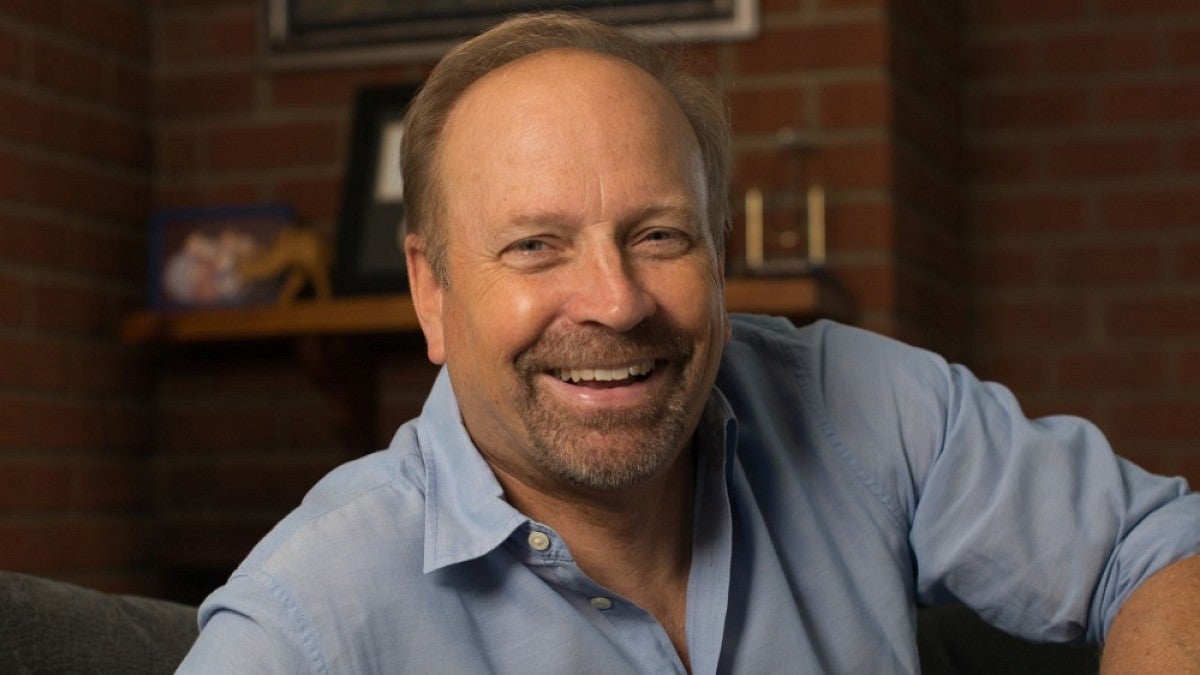Randy Olson, a tenured professor who left academia to make documentaries, will discuss why science writing struggles to reach a mass audience in this year’s Richard and Laurie Johnston Memorial Lecture.
Sponsored by the School of Journalism and Communication, the lecture takes place at 4 p.m. Tuesday, Oct. 30, in the Crater Lake Room in the Erb Memorial Union. It is free and open to the public.
Olson will discuss “Lost Earth: How Science Failed to Communicate the Biggest Crisis” and will focus on climate change and why urgent information from a growing number of studies failed to resonate with the public. Olson writes and lectures on science communication and is an advocate for improving the way research is conveyed to a lay public.
The problem with climate science communication started early. A description of Olson’s upcoming talk notes that author Michael Crichton published a paper in 1975 citing obfuscation as the biggest problem with science communication, and Olson it persists today.
He notes that a long investigative article published earlier this year by The New York Times describing the early efforts by researchers to convey the threat of climate change also failed to mention obfuscation as one of the issues.
Olson’s talk is supported by the UO School of Journalism and Communication and the Phil and Penny Knight Campus for Accelerating Scientific Impact.
After earning a doctorate in marine biology from Harvard, Olson left a tenured professorship to attend the University of Southern California School of Cinematic Arts. After completing the program, he led a successful career in and around Hollywood for 25 years.
He has published three books on the communication of science, starting with his identification of the problems in “Don’t Be Such A Scientist: Talking Substance in an Age of Style.” Next, he explored science communication solutions in “Houston, We Have A Narrative: Why Science Needs Story.”
Olson leads the Story Circles Narrative Training Program, which has now involved more than 1,000 scientists from government agencies, including the National Park Service, National Institutes of Health, U.S. Department of Agriculture, U.S. Geological Survey, U.S. Fish and Wildlife Service and more.
The Richard W. and Laurie Johnston Memorial Endowment brings professionals to the School of Journalism and Communication for campus lectures, workshops and discussions with students, faculty members and members of the community. It honors Dick Johnston, a magazine editor, writer and war correspondent who devoted himself to high-quality journalism, and his wife, Laurie Johnston, an award-winning newspaper reporter, writer and war correspondent.


